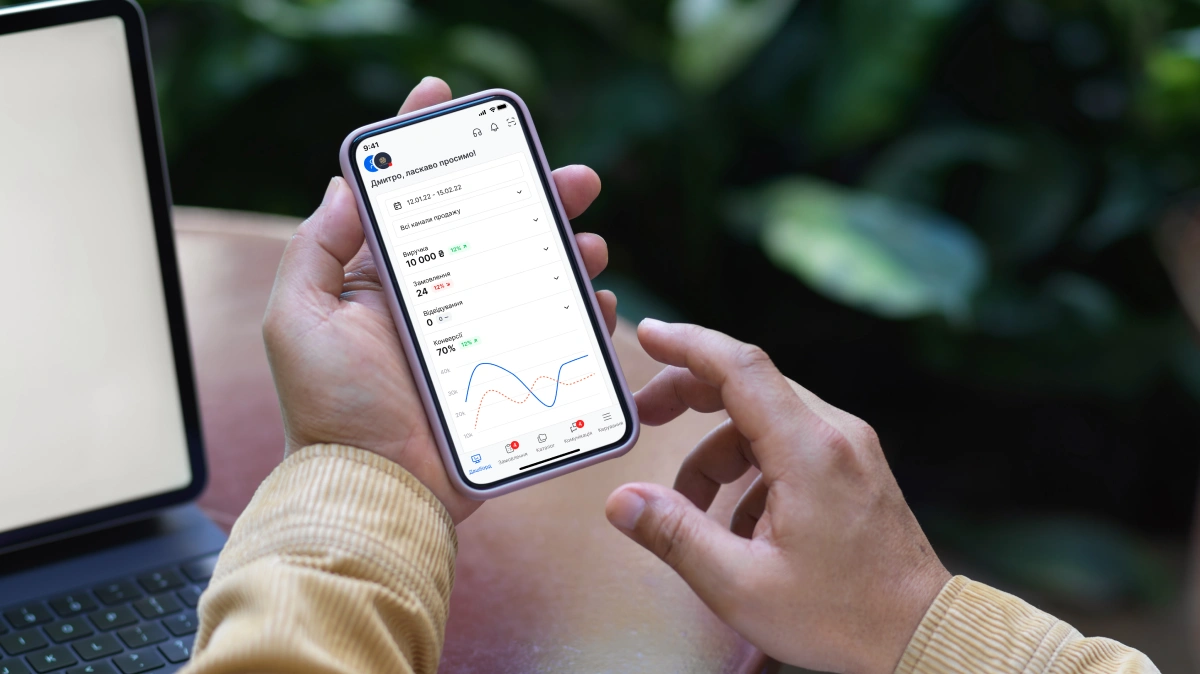
In 2025, investing in a mobile app is a strategic decision for companies aiming to attract customers and boost sales. The rise of mobile traffic to 70% makes mobile apps essential for restaurants, stores, and services. A mobile app not only enhances user experience but also enables personalization through AI. This article explores why investing in a mobile app is beneficial for your company, how it drives business growth, and how to optimize for organic traffic.
Why Invest in a Mobile App in 2025?
Mobile apps transform businesses by offering fast access to services. The mobile app market will reach $600 billion, with mobile traffic accounting for 70%. Investing in a mobile app provides:
- Customer engagement: Personalized push notifications.
- Increased sales: Simplified online ordering.
- Customer loyalty: Loyalty programs with AI.
- Competitive edge: Innovations with AR and 5G.
SEO Tip: Use keywords like "investing in a mobile app", "mobile app for business", or "app development" in descriptions for App Store and Google Play to attract organic traffic.
1. Rising Mobile Traffic
Mobile traffic exceeds 70%, and customers expect seamless access via smartphones.
Benefits
- Fast access: Customers place orders in a few taps.
- Personalization: AI for recommendations.
- Engagement: Push notifications boost activity.
How to Implement?
- Integrate Firebase for push notifications.
- Use Google Analytics for traffic analysis.
- Order app development with a focus on mobile UX.
2. Boosting Sales Through Online Channels
Online ordering accounts for 60% of sales, and a mobile app simplifies this process.
Benefits
- Convenient payments: Integration with Stripe or Apple Pay.
- Personalized offers: Increased conversions.
- Analytics: Track sales via Mixpanel.
How to Implement?
- Add cart and payment features to the app.
- Integrate AI for recommendations.
- Order app development focused on sales.
3. Enhancing Customer Loyalty
Customer loyalty reduces churn, and a mobile app builds it through personalization.
Benefits
- Loyalty programs: Discounts and bonuses.
- Push notifications: Reminders for promotions.
- Personalization: AI for tailored offers.
How to Implement?
- Integrate HubSpot for CRM.
- Add loyalty programs with bonuses.
- Order app development with a focus on personalization.
4. Data Collection and Analytics
A mobile app enables collecting customer behavior data, helping optimize business operations.
Benefits
- Behavioral analysis: Track app interactions.
- Marketing: Targeted offers based on data.
- Improvement: Update the app based on analytics.
How to Implement?
- Integrate Google Analytics or Firebase for data collection.
- Use AI for behavior analysis.
- Order app development with analytics tools.
5. Competitors Are Using Apps
If competitors have mobile apps, your business risks losing customers due to a lack of modern interaction channels.
Benefits
- Innovation: AR and 5G for unique experiences.
- Brand: A personalized app strengthens reputation.
- Organic traffic: Optimization for SEO and ASO.
How to Implement?
- Integrate ARCore or ARKit for innovation.
- Optimize the app with keywords for App Store.
- Order app development from professional developers.
Mobile App Trends in 2025
- Artificial Intelligence: AI for personalization and recommendations.
- Augmented Reality: AR for interactive experiences.
- Voice Interfaces: 38% of users use voice commands.
- Security: Biometric authentication for data protection.
Tips for Businesses
- Analyze Traffic: If mobile traffic > 50%, order an app.
- Evaluate Sales: If online sales > 40%, an app will boost conversions.
- Check Loyalty: If customers don’t return, loyalty programs help.
- Collect Data: Use an app for customer behavior analysis.
- Competition: If competitors have apps, your business is lagging.
Investing in a mobile app in 2025 is a strategic move for customer engagement, sales growth, and brand enhancement. Leverage modern technologies like AI, AR, and 5G to create a unique user experience and boost rankings in App Store and Google Play.



